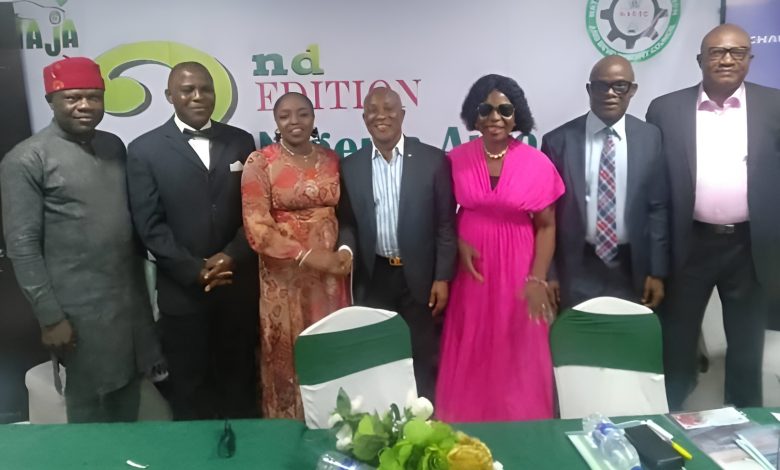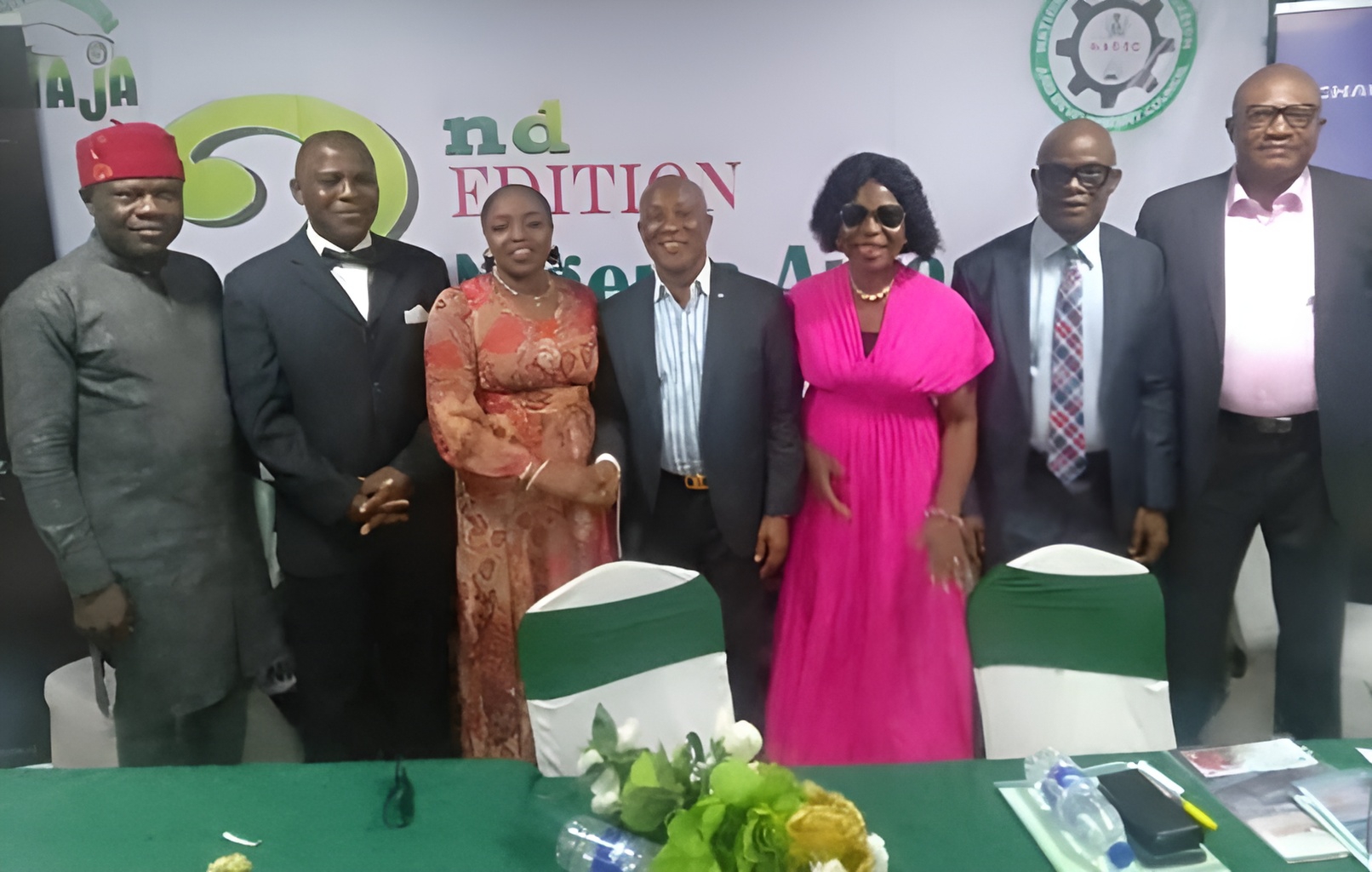NADDC Chief Rallies Stakeholders to Build a Thriving Nigerian Auto Industry Through Local Innovation


By Daphne Uduneje
In a bold call to action, Joseph Osanipin, Director-General of the National Automotive Design and Development Council (NADDC), has urged industry players to unite in transforming Nigeria’s automotive sector into a global force by prioritizing local manufacturing and innovation.
Speaking through Deputy Director Felicia Oyebolu at the 2nd Nigeria Auto Industry Summit (NAISU) in Lagos on Thursday, Osanipin positioned local content as the key to unlocking economic prosperity and industrial leadership.The summit, themed “Nigeria First: Local Content as Catalyst for Automotive Economy,” organized by the Nigeria Auto Journalists Association (NAJA), served as a dynamic platform for government, manufacturers, and innovators to strategize on reducing Nigeria’s reliance on imported vehicles and parts.
Osanipin praised NAJA for fostering a critical dialogue at a pivotal moment for Nigeria’s industrial ambitions.
Local Content as an Economic Powerhouse
Osanipin described local content as more than a policy—it’s a blueprint for Nigeria’s economic renaissance. “By building our own vehicles and components, we’re creating jobs, strengthening our currency, and fostering innovation,” he said. He highlighted five transformative benefits: job creation across the supply chain, reduced capital flight, technology transfer, a resilient supply chain immune to global disruptions, and enhanced product development tailored to Nigeria’s needs.
The NADDC is driving this vision through strategic initiatives in partnership with the Nigeria Association of Automotive Manufacturers (NAMA) and the African Association of Automobile Manufacturers (AAAM). These include policy incentives to boost local production, research into vehicle designs using Nigerian materials, technical training to build a skilled workforce, and collaboration with the Standards Organisation of Nigeria (SON) to enforce quality standards.
Overcoming Hurdles Through Unity
While optimistic about Nigeria’s potential, Osanipin acknowledged key challenges, including limited financing, unreliable power, and underdeveloped raw material processing. He called for a united front among manufacturers, banks, academia, and policymakers to tackle these barriers. “This is a collective mission,” he emphasized. “Together, we can turn challenges into opportunities by investing in our people and resources.”A Global Vision for NigeriaOsanipin urged stakeholders to embrace the “Nigeria First” ethos, not just as a slogan but as a commitment to building a self-sufficient economy. “We’re not just assembling cars, we’re laying the foundation for a stronger, more innovative Nigeria,” he said. By leveraging local talent and materials, Nigeria can compete on the global stage, especially within the African Continental Free Trade Area (AfCFTA).
The summit concluded with a renewed sense of purpose, with stakeholders poised to forge partnerships and develop actionable plans to elevate Nigeria’s automotive industry. Osanipin’s message was clear: a locally driven auto sector is not just about vehicles—it’s about powering Nigeria’s economic future.


